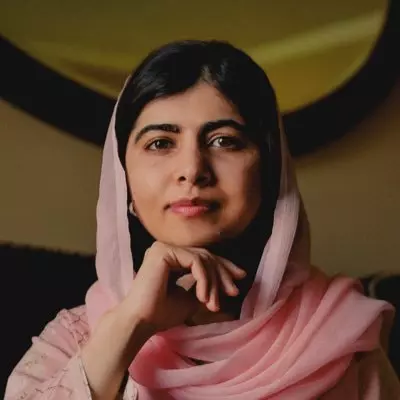Malala Day 2024: Championing Girls Education Worldwide

International Malala Day 2024: Date, History, and Significance
International Malala Day is observed annually on July 12, coinciding with the birthday of Malala Yousafzai. The day celebrates her remarkable life and enduring legacy as a champion for girls’ education. The United Nations first recognized this significant occasion on July 12, 2013, one year after Malala was shot by a Taliban gunman for advocating for girls' right to education.
History of International Malala Day
The origins of International Malala Day date back to 2012, when Malala Yousafzai was attacked due to her outspoken stance against the Taliban's restrictions on female education in Pakistan. The Taliban’s assault on Malala on October 9, 2012, drew international attention to the plight of girls seeking education in conflict zones. Despite sustaining severe injuries, she survived and emerged as a global symbol of resilience and the fight for educational rights.
In 2013, the UN designated July 12 as International Malala Day to commemorate the one-year anniversary of the attack. This initiative aimed to honor her courage and promote the cause she represented. In 2015, the UN formally established July 12 as International Malala Day, recognizing Malala’s efforts and encouraging leaders worldwide to take action to ensure girls' access to education.
Significance of International Malala Day
International Malala Day serves as a call to action for global leaders to guarantee free and compulsory education for all girls. The United Nations emphasizes that education is a fundamental human right, not merely a privilege. On this day, various initiatives are launched to empower young girls and raise awareness about the importance of education.
Organizations, schools, and individuals engage in activities designed to educate others about Malala's work and the efforts of other young activists advocating for educational rights. The day also serves as a platform to inspire girls to assert their rights and to challenge societal barriers that prevent them from accessing education.
About Malala Yousafzai
Malala Yousafzai was born on July 12, 1997, in Mingora, located in Pakistan’s Swat Valley. She gained recognition in 2009 when she anonymously wrote a blog for the BBC, detailing her experiences under Taliban rule, particularly the fear and oppression faced by girls deprived of education. Her articulate accounts highlighted the dire conditions, as schools were shut down or destroyed, and she expressed a strong criticism of the Taliban’s actions.
Malala’s growing prominence brought with it significant danger. Following her attack in 2012, she underwent life-saving surgery to remove a bullet lodged near her spinal cord. After being airlifted to a hospital in Peshawar, she was subsequently transferred to a facility in London for further treatment and rehabilitation. Following her recovery, Malala continued her education and became an influential voice for educational rights on a global scale.
Today, she is recognized as the youngest recipient of the Nobel Prize, awarded for her unwavering commitment to promoting education for girls worldwide. Her story continues to inspire countless individuals and movements aimed at improving access to education for all children.
International Malala Day not only celebrates her achievements but also serves as a reminder of the ongoing struggle for educational equity. The observance encourages communities around the world to advocate for policies that support girls education, emphasizing that empowering girls through education contributes to societal progress.
As the world commemorates International Malala Day, the call to action remains strong. Leaders, educators, and advocates are urged to prioritize girls' education and to recognize the potential of every girl to contribute positively to society when given the opportunity to learn. Through initiatives and programs, the spirit of Malala's mission continues to resonate, reminding everyone of the power of education to transform lives.
International Malala Day is more than a celebration of Malala Yousafzai's life; it is a global movement advocating for the rights of girls everywhere. By acknowledging her legacy, the world is reminded of its responsibility to ensure that every child has access to education, and that education remains a universal right, fostering hope and empowerment for future generations.
